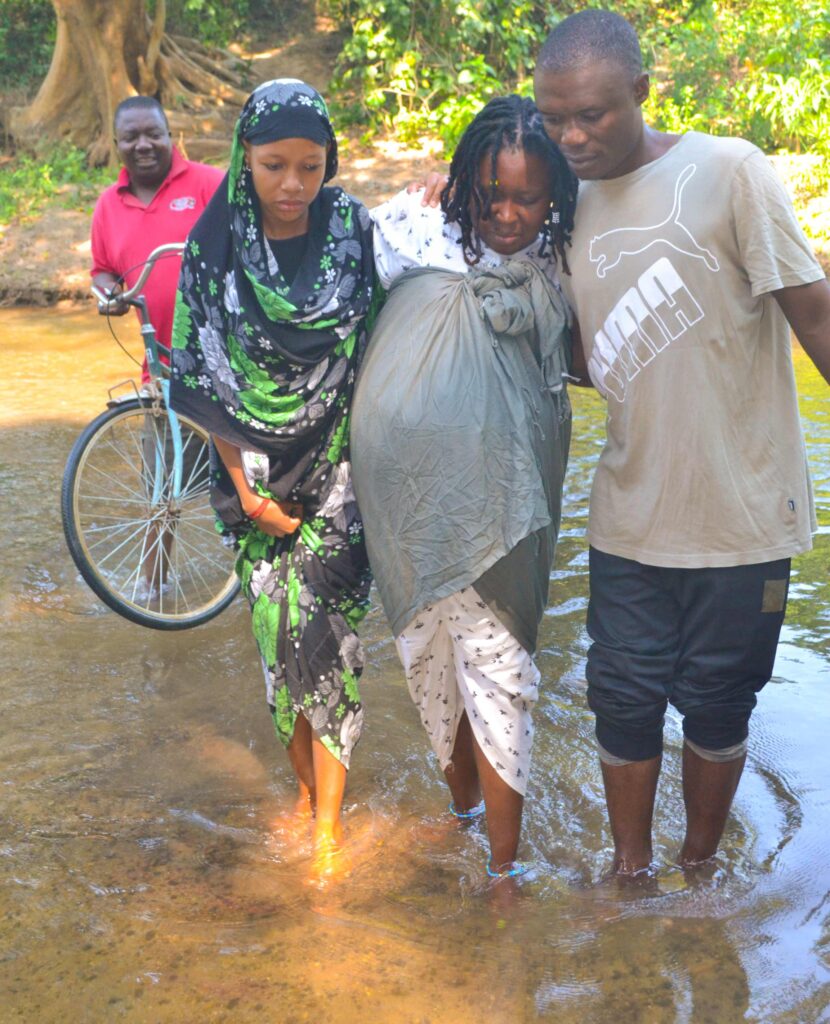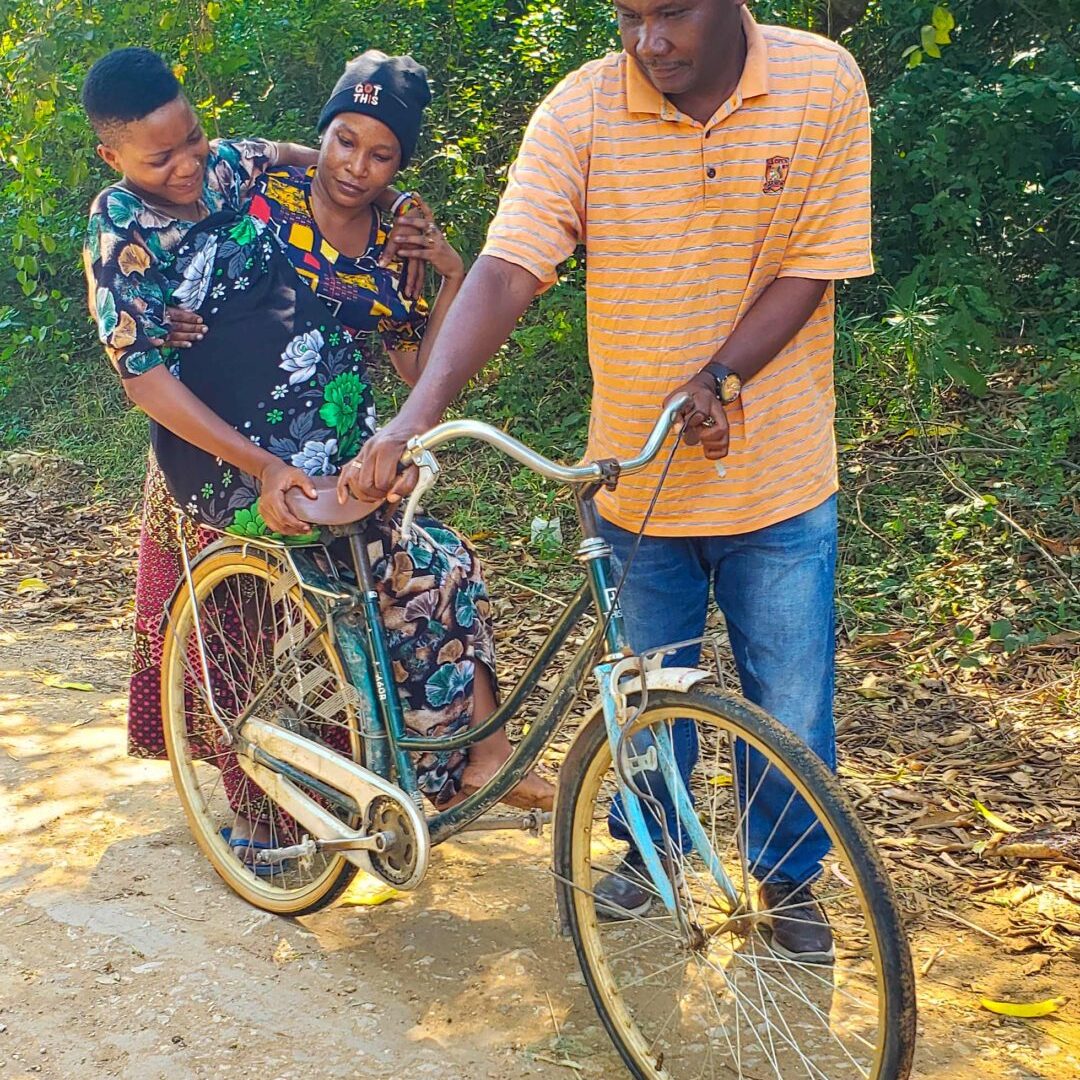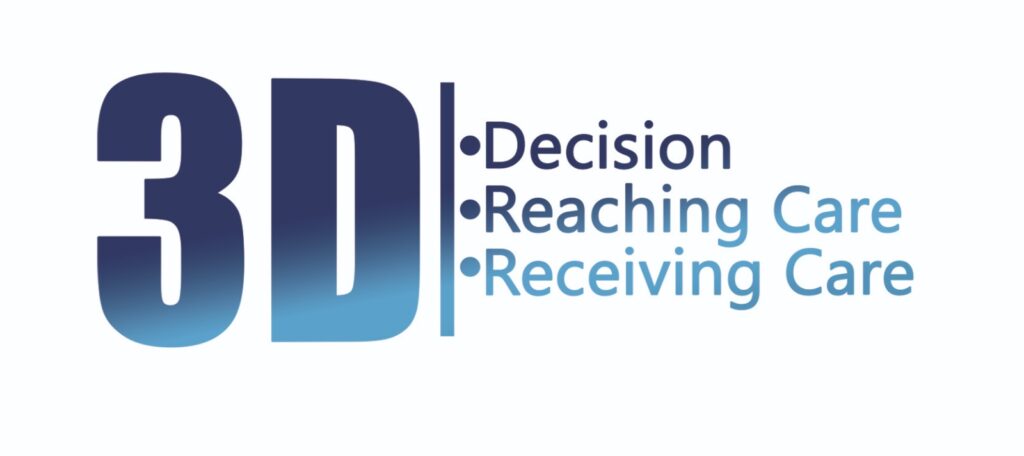OPEN MON - FRI (08:00 AM to 04:30 PM))
Maternal Referral Services
Every day, over 800 women worldwide die from preventable causes related to pregnancy and childbirth. This equates to one unnecessary death every two minutes. 95% of these deaths occur in low- and middle-income countries (LMICs). Sub-Saharan Africa has the highest rates of maternal and newborn mortality globally, and Tanzania is no exception. However, the Tanzanian government and its partners are working diligently to close the gaps that lead to maternal deaths.
As a development stakeholder in Tanzania, TibaSalama is committed to eliminating geographical challenges and essential environmental barriers that hinder timely access to healthcare during childbirth. By improving transportation and communication between communities and health facilities, this program involves a network of specialized youth, known as Community Health Workers (CHWs), who ensure that pregnant women can connect with and reach health facilities without delay, especially in rural areas where services are limited. This effort helps guarantee that women receive the critical care they need on time, reducing the risks of complications during childbirth and increasing the chances of saving the lives of both mother and child.

Why We Do This Work
Every day, 800 women around the world die from preventable causes related to pregnancy and childbirth. That’s one unnecessary death every two minutes. 95% of these deaths occur in low- and middle-income countries (LMICs). Sub-Saharan Africa has the highest rates of maternal and newborn mortality in the world, and Tanzania is no exception. However, the government of Tanzania and its partners are diligently working to eliminate and close the gaps causing maternal deaths.

TibaSalama employs a specific strategy known as the “Three Delays Model” (#3D Model) to effectively coordinate and manage timely access to maternal healthcare and prevent maternal and newborn deaths. These delays are:
- Delay in seeking care
- Delay in accessing care
- Delay in receiving care
TibaSalama utilizes the 3D Model to ensure its goals are achieved efficiently and on time.

